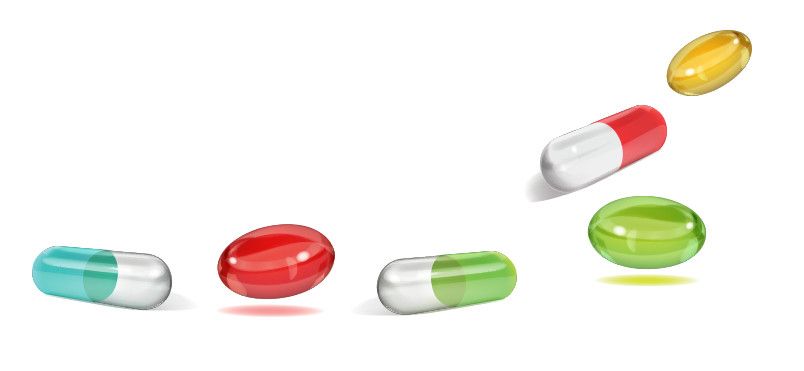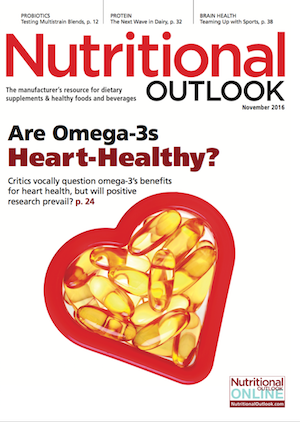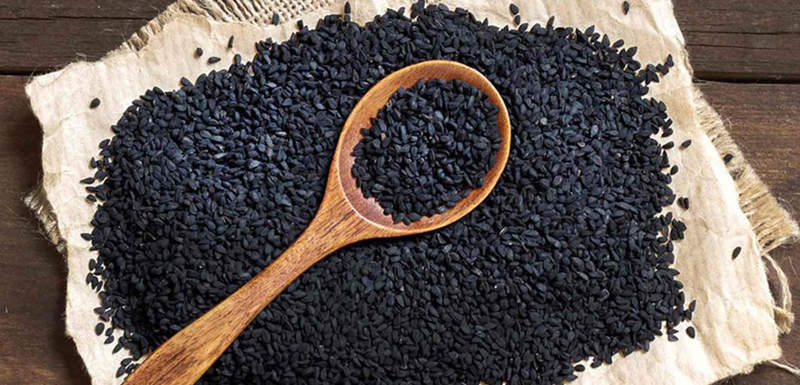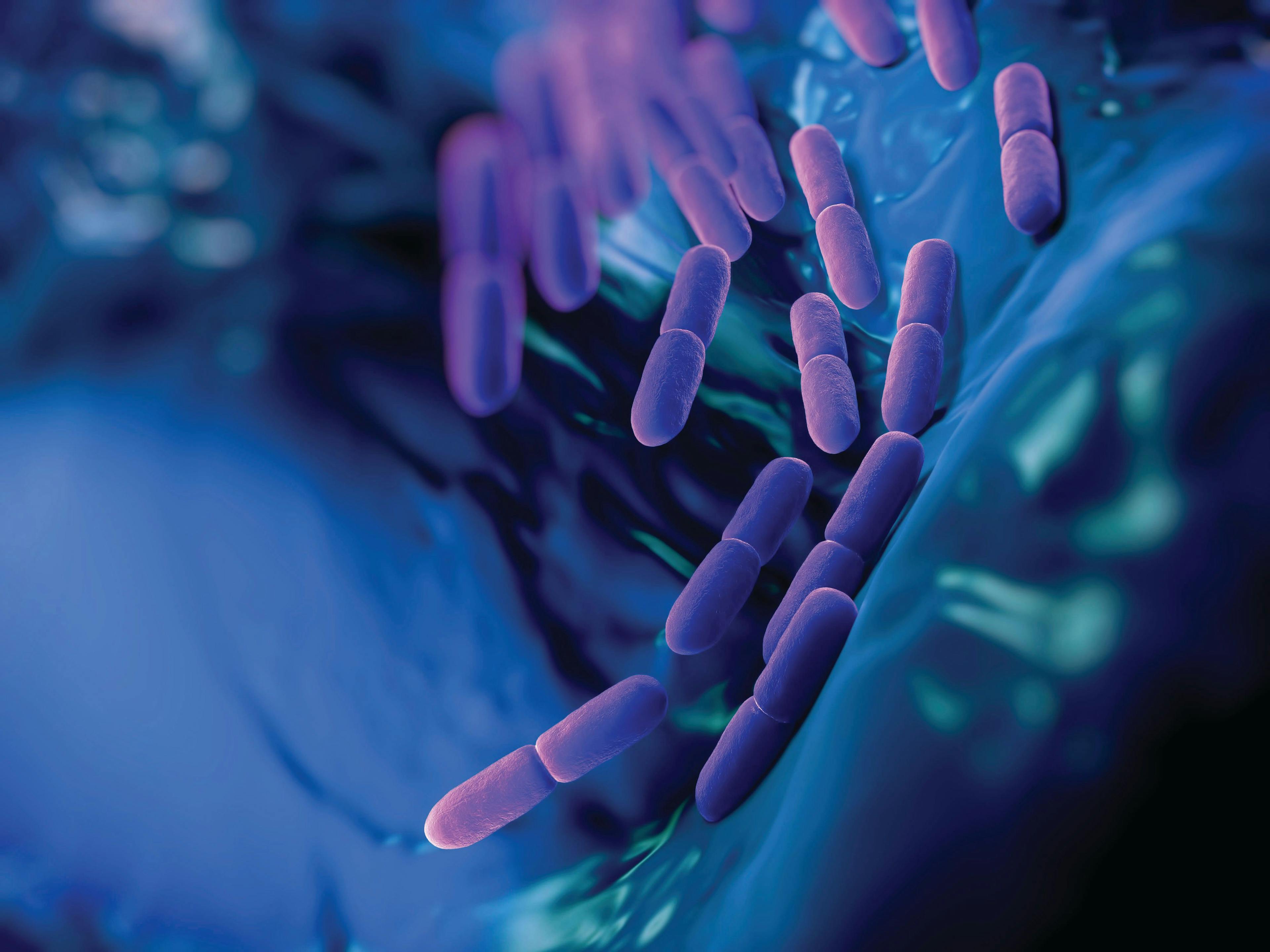Capsule and Softgel Advancements for Dietary Supplements
Today’s capsules and softgels rise to the needs of both ingredients and consumers.
Photo © Shutterstock.com/31moonlight31

A nutritional supplement is only as good as its delivery vehicle. While ingredients and formulations might be of high quality and value, if they’re not delivered in a way that protects them from degradation and appeals to the consumer, that supplement is not, ultimately, worth much.
Indeed, “dosage forms for delivery of ingredients can make as big a difference in consumer satisfaction as the ingredients themselves,” confirms Missy Lowery, senior manager, marketing, Capsugel (Greenwood, SC). “Delivery forms can maximize the chance of achieving the most benefits from ingredients, too,” she adds.
Fortunately, supplement brands have a wide selection of delivery systems from which to choose, and the companies supplying those systems continue to innovate and respond to consumer interests and demand.
Among the myriad delivery formats on offer-including tablets, gummies, melts, shots, chews, sprays, and more-capsules and softgels remain useful, reliable, and economic options, providing quality-protection to the formulations they contain and benefits to the consumer. Increasingly, capsule and softgel suppliers are developing varieties appealing to vegetarian, non-GMO, gluten-free, and “clean” lifestyles and that add value in the forms of increased supplement bioavailability and targeted release.
Effective, Protective, Targeted
Capsules and softgels, while perhaps not as trendy as their gummy, liquid-shot, or inhalable counterparts, remain economical, effective, and beneficial choices for supplement brands-and for good reasons. Both hard capsules and softgels can mask the bitter, pungent, or otherwise off-putting flavors and odors of such ingredients as marine oils (particularly krill oil) or herbs (such as valerian root and garlic), and, in most cases, they can do so without the addition of artificial ingredients or flavors.
A second advantage offered by both hard capsules and softgels is protection from oxidation or spoilage of the encapsulated ingredients. Supplier Catalent Pharma Solutions (Somerset, NJ) points to softgels’ lack of headspace or air pocket as the primary mechanism by which oxidation is eliminated or reduced, while supplier Capsugel attributes the protection afforded by hard capsules to that format’s low permeability.
Beyond these benefits, capsules and softgels can be customized and refined to add value through improved digestibility, controlled bioavailability, quick or controlled release of ingredients, and improved palatability.
Catalent Pharma Solutions, for instance, has developed a dispersion technology for softgels based on “food-approved surfactants and flavor-masking and antioxidant ingredients to create a small-droplet supplement dispersion that can be encapsulated in a softgel-a dosage form preferred by consumers,” says June Lin, global marketing director, consumer health softgel, Catalent.
Enteric coatings can prevent softgels from dissolving in the stomach, thereby assisting in releasing ingredients directly into the intestines where “absorption is more effective,” Lin says. For krill oil and omega-3 oils in particular, she adds, “this can further minimize any issues with reflux and make products more palatable for a wider population.”
Softgels can also deliver ingredients in a way marketers may not have considered before. Namely, they can be a “delivery system wherein the softgel tip can be twisted off to deliver contents by spreading on food or adding to drinks,” Lin explains, with potential applications in supplements for pediatric or geriatric populations, for which swallowing pills can be difficult.
At Capsugel, Lowery points to an innovative beads-in-a-liquid-filled-capsule technology for controlled release of supplement ingredients. She describes it using the popular ingredient melatonin: “The inner capsule is filled with melatonin timed-release beadlets. It is suspended in a liquid melatonin−filled outer capsule. The outer capsule releases immediately, providing quick sleep response [in the user], while inside the inner capsule melatonin beads of different sizes and coating thicknesses dissolve at intervals to promote an uninterrupted, restful sleep.”
Vegetarian and Clean
Trends in delivery format are currently following vegetarian, non-GMO, and “clean” lifestyle trends, report Catalent, Capsugel, and Robinson Pharma Inc. (Santa Ana, CA).
“One of the main trends in the supplements market,” explains Catalent’s Lin, “is consumer demand for all-natural and animal-free formulations.” She also points to increasing consumer demand for foods and food supplements that are “produced without genetically modified organisms [GMOs], hormones, or artificial ingredients. This is in addition to the growing number of people interested in following a vegetarian-based diet, with several non-vegetarian markets looking for animal-free supplements” as well, she says.
To meet these market demands, Catalent developed Vegicaps: plant-based softgel shells from carrageenan that are free of both GMO ingredients and animal derivatives. “Supplement products based on this technology are compatible with the consumer demand for all-natural products” as well as requirements for gluten-free, vegetarian, and low-sugar lifestyles, Lin says, while retaining the advantages of the standard softgel: easy to swallow, odor-free, and taste-free. Vegicaps are also biodegradable and available in various colors, shapes, sizes, and clarities.
Capsugel’s Lowery confirms growing demand for vegetarian, all-natural, non-GMO, and “clean” delivery formats for encapsulating supplement formulations meeting those same requirements. What’s more, she says, “Vegetarian capsules offer additional specific benefits. Because of their lower moisture content, vegetarian capsules are ideal for encapsulating hygroscopic ingredients that absorb or attract moisture from the air, especially botanicals, botanical extracts, and probiotics.”
She continues, “Some vegetarian capsules offer acid-resistant properties in the shell that protect ingredients like probiotics, enzymes, and amino acids from stomach acids and open closer to the intestines where the ingredients work better-with no external coating required.” The company’s Vcaps and Vcaps Plus vegetarian capsules feature low moisture levels down to 3% (for manufacturers who can control the relative humidity in their manufacturing environment), and its DRcaps vegetarian capsules incorporate “unique acid-resistant polymer properties” that slow disintegration after swallowing.
A fourth “highly original vegetarian capsule technology” offered by Capsugel, called DUOCAPS, “addresses the complicated delivery issues of combining a prebiotic-probiotic supplement,” Lowery explains. “Both ingredients can be delivered at different intervals via a capsule-within-a-capsule technology” that provides both a “synergistic digestive effect and moisture protection to prevent early activation of the probiotic.” Both capsules, the inner and outer, are made from plant-based HPMC.
The company’s Licaps nitrogen-flushed, hermetically sealed capsules-designed to protect the stability and quality of liquids prone to oxygen-related degradation-are also available in a vegetarian version.
Likewise, Robinson Pharma, which describes vegetarian and vegan softgel products as “an upward spiraling growth trend,” recently announced an expansion to six softgel machines solely dedicated to vegetarian softgel production, to achieve what it called in a press release “one of the largest capacities and fastest turnaround times in the industry for vegetarian softgels.” The company recently expanded production capacity to “3 billion vegetarian softgels per year to meet demand.” According to the company, its vegetarian softgels feature improved softness and appearance, ranging from bright colors to more subtle, translucent finishes. Robinson says it recently developed a “unique vegan multivitamin” in softgel form that contains more than 20 vitamins, minerals, and nutrients in one dosage.
Capsugel’s Lowery also highlights the growing need for capsules with third-party certifications affirming vegetarian, vegan, non-GMO, Kosher, Halal, and organic status. These “are best for encapsulating clean-label ingredients so that the entire product can meet those clean-label requirements that appeal to an ever-growing number of healthy-lifestyle consumers worldwide. This can help create greater and easier market distribution and penetration globally.”
Capsules and Softgels Maintain a Place in Supplement Delivery
Continued innovation and added value keep capsules and softgels a smart choice for supplement brands, even in the face of more trendy delivery forms. Particularly for ingredients with low stability, strong odor, and vulnerability to oxidation, and for formulations requiring a particular type of release (quick, controlled, or delayed), capsules and softgels remain a smart option.
Following general lifestyle trends, developments in capsule and softgel delivery include plenty of plant-derived options, non-GMO options, low- or no-sugar options, gluten-free options, and all-natural options. Supplement brands keeping abreast of lifestyle trends and choosing their delivery forms accordingly are well-positioned to successfully keep up with consumer expectations.
Also read:
Softgel Benefits for Dietary Supplements
Dietary Supplement Capsules Challenges and Trends
Capsule Filling: Quality by Design















